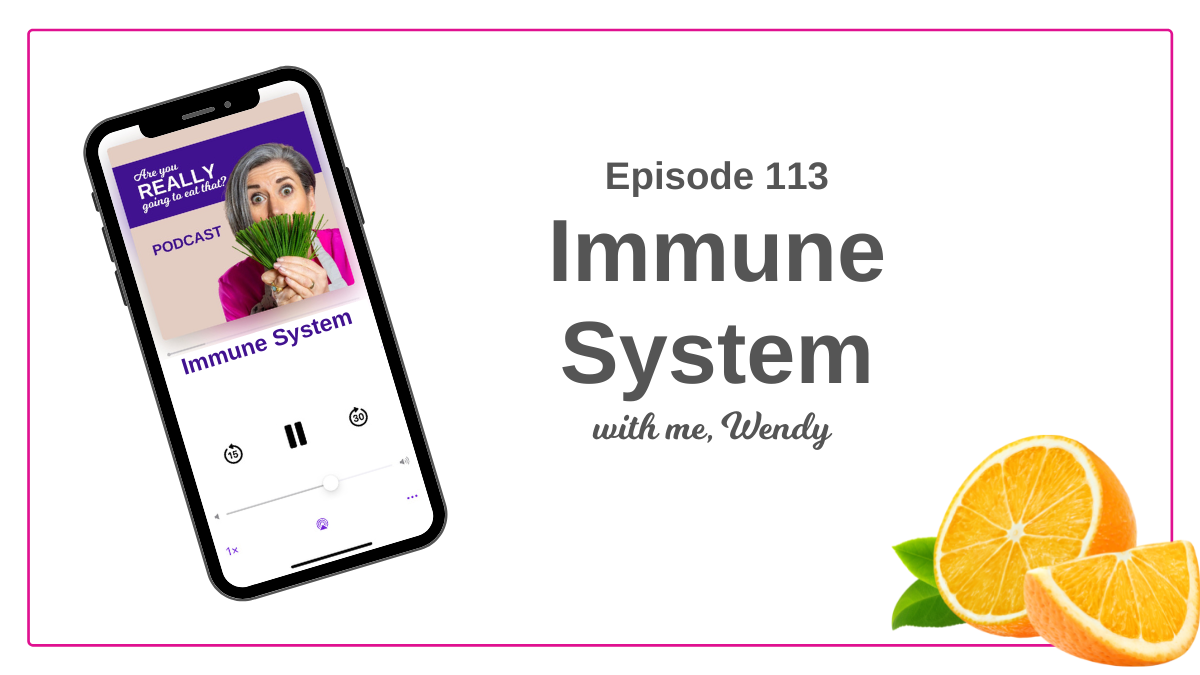In this episode, I explain the different parts and roles of the immune system, and ways that we can support it.
What is the immune response?
We want our immune system to be working all the time efficiently. It should be responding appropriately to infections or viruses, and we often will not know anything about it. It is one of the most complex systems in the human body; a network of cells, tissues and organs that work together to defend us against foreign invaders.
There are many complex parts and include white blood cells, antibodies, the complement system, the lymphatic system, the spleen, the thymus and bone marrow. Our skin and mucous membranes are all part of the immune system. We have cells such as T-helper cells, natural killer cells and memory T cells. But what does that really mean?
There are two main types of immune response, the innate and the adaptive
The innate system is part of our first line of defence, and it looks for anything that looks unfamiliar and tries to neutralise or kill it. This is what we are born with; it’s our inbuilt defence system to protect us from viruses, bacteria and pathogens.
The adaptive immune system is our educated system, this part of our system responds to specific viruses that we have been infected with previously. This part of the system produces anti-bodies; which are specific and are only called into action when needed.
Appropriate immune response
This complex system is working all the time, and it needs to be nurtured and nourished to support its optimal function. The key to an efficient immune system, is the ability to elicit an appropriate response; kill the invader and then return to monitoring.
It can be easily affected by dietary, environmental and lifestyle factors. Stress and high physical exercise (such as athletics) can have a negative effect on its function. As to can a diet high in processed foods and refined sugars.
An important part of the immune response, is its ability to recognise self or invader. If the system becomes out of balance, the immune system may begin producing antibodies that instead of fighting infections, attack the body’s own tissues.
Lifestyle factors that affect our immune system
It is good for our immune system health for it to have something to do. There is a lot of thought around our lives being too sterile and affecting the ability of our immune system, to elicit an appropriate response. So having the odd cold, helps support the health of our immune system; think about it like a training session.
Things that negatively affect our immune system:
- Stress. Stress actually elicits an immune response in our body. If we are constantly under stress, our body is unable to react effectively when a real invader appears.
- Poor quality of sleep. You must get enough sleep. There are plenty of important activities happening in your body when you sleep. Healing and repair, plus important infection-fighting molecules are created while you sleep. Studies show that people who get less sleep, are more prone to becoming ill from things like the common cold.
- Lack of exercise. One way exercise may improve immune function is by boosting your overall circulation, making it easier for immune cells and other infection fighting molecules to travel more easily throughout your body. But, with a note of caution to not over do it, as this in itself can cause stress and may over-activate the system. And always listen to your body.
- Unhealthy diet. The best way to get all the vitamins and nutrients your body needs, is to eat a diet full of whole foods. Vegetables, nuts, seeds, wholegrains, healthy fats and quality protein. This will support energy levels, and your natural ability to fight infection.
What can we do to support our immune system?
If you start to feel you need some extra support, such as getting a cold like I have right now, there are some foods and vitamins that you can add, to help your system fight those winter nasties:
- Vitamin C. The antioxidant power of vitamin C is key in it’s role to support us to fight off colds and flu. Eating a wide range of fruits and vegetables are the best way to boost your vitamin C levels. It needs to be consumed regularly for us to maintain optimum levels.
- Vitamin A and Beta-Carotene plays an essential role in maintaining the first line of defence; the epithelial and mucosal surfaces and their secretions. Animal foods are the best source, such as liver, fish, cheese and eggs. For plant sources, think orange and green – sweet potatoes, squash and brassicas (sprouts, cabbage etc.)
- Zinc is involved in virtually every aspect of immunity. Low levels of zinc, are associated with lower white blood cell activity which is a key part of immune response. Meat and shellfish are good sources, but don’t forget legumes (beans, peas, lentils) seeds and nuts.
- Vitamin D is a complex hormone that helps to regulate immune system function, amongst many others. Listen to podcast episode 111 to hear more about this important vitamin. It is very hard to get from our diet, we synthesise it from the sun, so if you are living in a country where you do not get winter sunshine, you should consider using a supplement.
- Chicken soup, or the broth that makes it, is great at fighting colds.
- L-carnosine is the magic ingredient that is thought to help fight off early stages of flu by supporting the respiratory system.
The key is to support our immune system, so it can do the job it was intended to do.
For more immune boosting ideas download my free guide.
My links
Do you now understand more about your immune system and how you can support it? Let me know!

